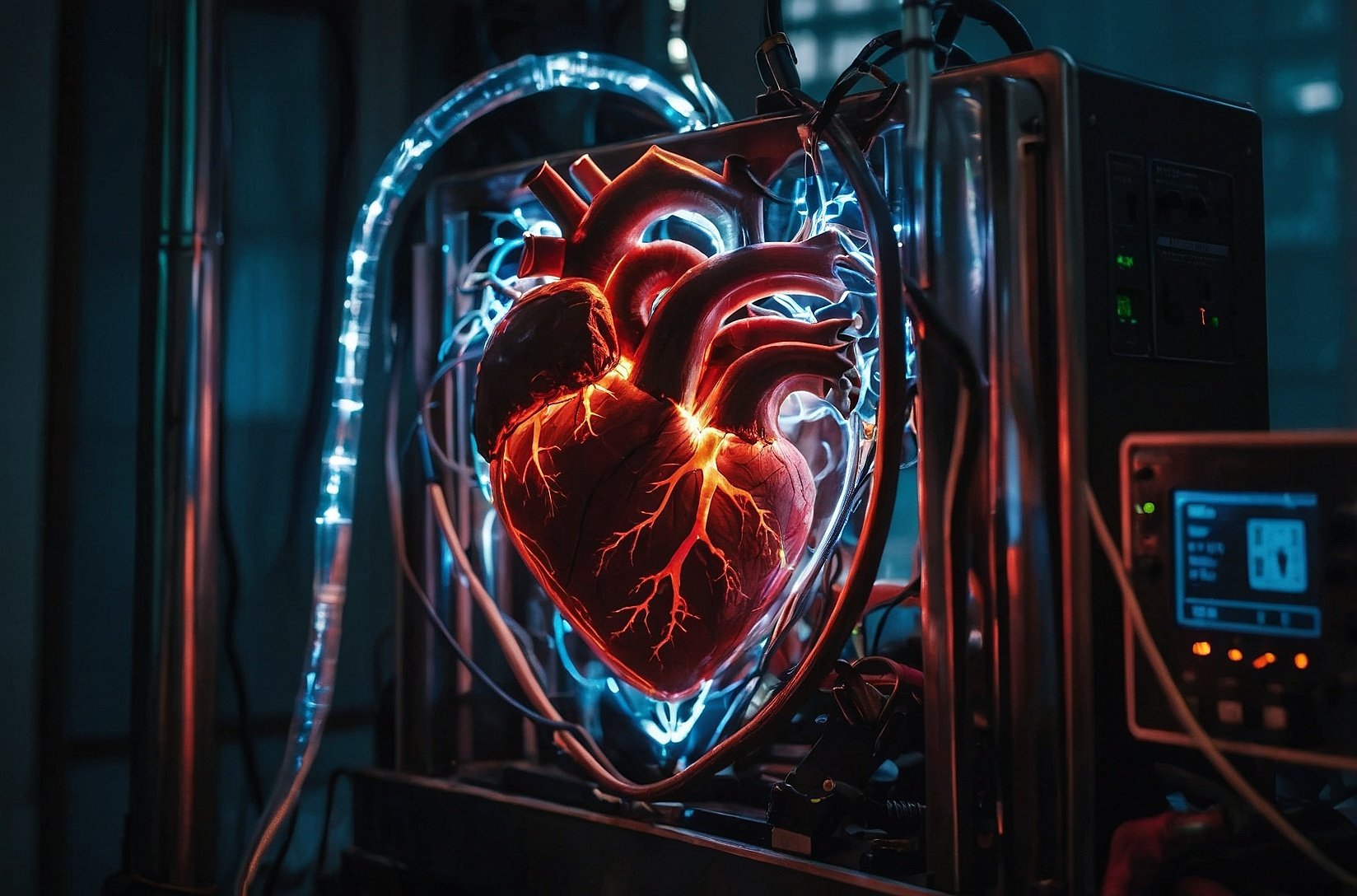Ever wondered how your heart keeps up with its relentless 100,000 beats a day? Spoiler alert: It’s not magic—it’s science! 🔬 The heart is powered by an electrical system that could rival a mini power plant, and understanding how it works can help you appreciate just how vital it is to keep it healthy.
Let’s break it down:
Meet the Heart's “Pacemaker” - The SA Node
Think of the sinoatrial (SA) node as your heart’s DJ, setting the beat and keeping everything in rhythm. Located in the upper right atrium, it makes sure your heart beats at a steady pace—somewhere between 60 to 100 times per minute. Without this tiny but mighty conductor, your body would be in serious trouble.
The AV Node: The Traffic Cop of the Heart
Now that the SA node has started the beat, it passes the signal down to the atrioventricular (AV) node. Picture the AV node as a traffic cop at rush hour, making sure the signal doesn’t move too fast. It keeps the beat slow enough to avoid chaos, letting the heart’s chambers contract smoothly. Without it, your heart could feel like it's rushing a marathon!
The Superhighways: Bundle of His and Purkinje Fibers
From there, the electrical signal zooms down the Bundle of His and Purkinje fibers—like the Autobahn for your heart. These fibers make sure the signal reaches all parts of your heart in record time, ensuring your entire heart contracts at once to keep the blood flowing. It’s teamwork at its finest!
When the Beat Goes Off
But what happens when things go wrong? Well, if the SA or AV nodes decide to malfunction, you could end up with an arrhythmia—meaning your heart might beat too fast, too slow, or in some wild, unpredictable pattern. Don’t worry though, at Cross County Cardiology, we’ve got you covered when it comes to diagnosing and treating these electrical hiccups.
Keep the Rhythm Going Strong
Your heart's electrical system is amazing, but like any finely-tuned machine, it needs care. Whether you're having issues or just curious, Cross County Cardiology is here to help you keep that beat going strong.
So, next time your heart skips a beat, know it’s because it’s working hard to keep you alive—and we’re here to make sure it stays that way!
Feel like learning more? Get in touch with us, and let’s make sure your heart stays in rhythm for years to come!



